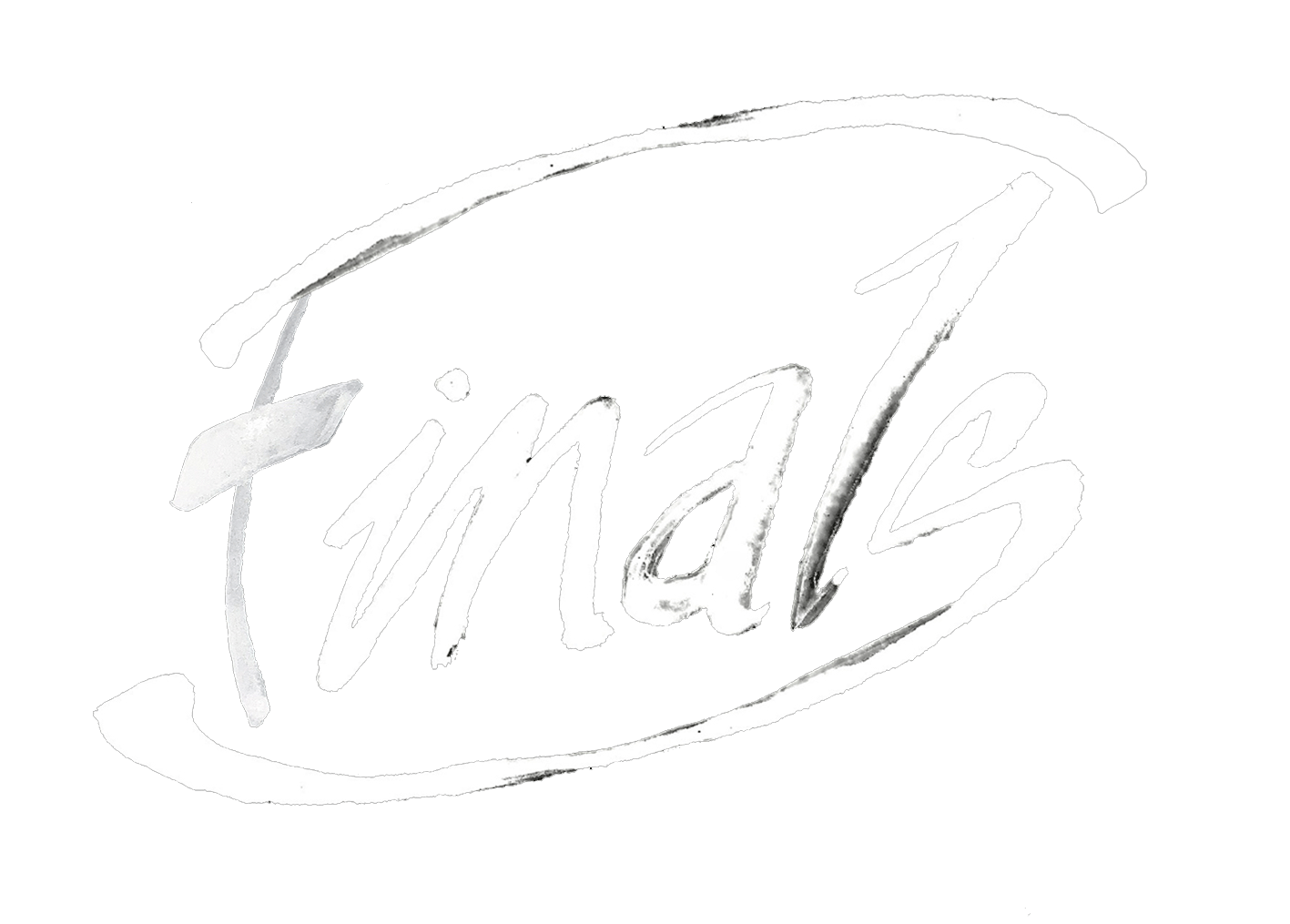As of this week, to the surprise of almost everyone, Woodbridge, VA singer Tommy Richman’s “MILLION DOLLAR BABY” is the #2 song in America. The song blew up on TikTok over the past month via a grainy, bass-boosted snippet of Richman and co. vibing in the studio, before an official release made a massive streaming debut last week, complete with a “VHS version” to replicate the sound of the snippet. It’s a great song, compulsively re-listenable on musical merits alone without requiring that you know any backstory. If there’s one artist responsible for the “MILLION DOLLAR BABY” phenomenon, besides Richman himself and his producers, it’s Brent Faiyaz, who signed Richman to his joint venture ISO Supremacy with Pulse Records last year, has tapped Richman to produce multiple beats on his own songs, and who is the predominant artistic influence on this record. I’m interested in how Richman’s sound differs from Brent’s, and why exactly a song like this made such a splash.
The wispy toplines and blustery writing are pure Brent, although this is much sillier than Brent’s ever gotten. The lyrics (vague paeans to local success and ‘cleaning up good’ for the right girl) are just the right kind of meaningless, and they flow through the song in just the right way to get you to sing and dance along without quite seeming calculated. It’s the kind of thing I imagine myself yelling while semi-flirting with a stranger at a party, proudly throwing in a DJ set, or – maybe – making a TikTok to. With its rough drums, bass and cowbells, the beat scans as ‘90s Memphis rap, except with an artsy sheen, slightly newer synth tones, and a slightly older flavor of rigid '80s funk. Memphis nostalgia has been popular for long enough that now we have nostalgia for the nostalgia (see: TikTok phonk music, a potential reference point for the snippet’s virality), but the version that’s in vogue right now via songs like this one, “Yeah Glo!” and “Like That” seems less interested in superficial genre homage and more in fidelity to specific compositional elements of the era that happen to feel really exciting right now: analog drum-pad tapping, pitch-shifted vocal hooks offset from the main beat. I’m always in favor of making big pop songs more structurally complicated, especially when they can play off a large crowd; I think this is the same reason so many new songs have big group vocal stack moments lately.
Richman nails Faiyaz’s enigmatic style of R&B performance: a shifty, unassuming delivery that reaches into a falsetto to make underhanded plays at sincerity beneath its icy self-assurance. Similar to Faiyaz, Richman combines a bunch of slightly-familiar sounds and effects to suggest an unfamiliar world just out of view, like a more focused version of the Tumblr-era aesthetic curation that has smothered plenty of R&B since the 2010s kicked off. But where Faiyaz has employed all of his signifiers in service of a central, tortured-scumbag personality, we learn almost nothing about Richman from “MILLION DOLLAR BABY.” Brent is someone you argue about, someone who can wow you by staging a song in a beautiful way and then rattle you with an untrustworthy turn of phrase, and he has a coherent vision to hold his ideas together and keep them from lapsing into pastiche. You instantly know a Brent song when you hear it, but you might not jell with all the levels he's working on until you spend time with the music. Richman isn’t quite there yet. He’s more of an A$AP Rocky type here: an unchallenging vehicle for scene-smearing production who comes off as a cool enough guy to stick the landing and put his own twist on it.
Richman’s looser hold on the spotlight has let him make some oddball choices that his boss might save for a deluxe edition, like the Luigi’s Mansion sample on “Ghouls n Ghosts.” Faiyaz uses tricks like the bass-boosting of “MILLION DOLLAR BABY” sparingly and makes them feel momentous, as if he’s switching through different lenses on a camera; Richman gets knee-deep and grimy in the filters and, despite a less subtle touch, conveys a promising voice of his own. Along with artists like the gimmicky 4batz and the reverent Kelz2Busy, this is a sign that Brent’s techniques are mutating across the wider R&B landscape – including on actual hit records, which have generally eluded the more catalog-driven Faiyaz since 2017’s “Crew”.
The real stars of “MILLION DOLLAR BABY” are the producers: Max Vossberg, Jonah Roy (who’s worked with Richman a number of times previously), Kavi (notable placements for SoundCloud guys like Izaya Tiji and Ken Carson), Mannyveli, and Sparkheem. The latter two have been at the forefront of DMV-area rap for years, presaging the current overload of cheeky sample beats and developing an intricate bounce rooted in DC’s go-go history. There’s always a few incredible songs from this scene every year, and it’s about time these guys broke through nationally. I thought KP Skywalka would be the one to take their sound to the singles charts; then I thought it would be Brent, whose last album Larger than Life leaned too much on Timbaland nostalgia for my taste, but had some great efforts from DMV-area producers, including Richman. He's gotten really good at building these Brent-style patchwork productions where everything feels smooth and streamlined, but you can still appreciate the seams. I’m still waiting for a full R&B album where the beats stay in those tight go-go pockets – we got a taste of what that might sound like with Brent’s “On This Side” – but this is fun and funky in its own way, too, and there’s plenty of shared DNA between a local hit like “Tyfreka” and this record. “MILLION DOLLAR BABY” is a lot like “Crew”, actually – rooted enough in local trends to feel organic, but such an obvious hit that it’s impossible for anyone to misunderstand. It might remind a dozen different listeners of different things, which makes it almost too obvious as crossover chart bait (I’m sure it will be maddeningly listed on “alternative” playlists) but as a gesture toward audiences that wouldn’t usually engage this kind of music, it’s interesting, and as a song to play ten times in a row while cleaning or waiting for the bus, it’s addictive.


Comments
Leave a Comment